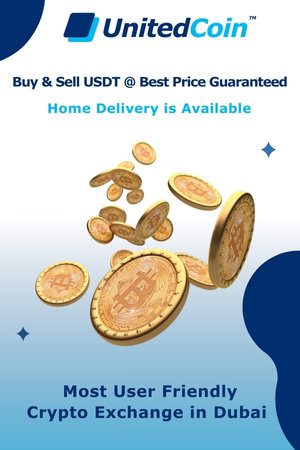In the dynamic and rapidly evolving world of digital finance, the terms “cryptocurrency” and “token” are often used interchangeably, leading to confusion among newcomers and seasoned investors alike. However, understanding the distinction between these two concepts is crucial for navigating the diverse landscape of digital assets effectively. In this comprehensive guide, we elucidate the differences between cryptocurrencies and tokens, exploring their definitions, functionalities, and unique characteristics.
Decrypting Cryptocurrencies
Definition and Characteristics
Cryptocurrencies, often referred to as “crypto coins” or “digital currencies,” are decentralized digital assets that utilize cryptographic techniques to secure transactions, control the creation of new units, and verify the transfer of assets. Bitcoin, the pioneering cryptocurrency introduced by Satoshi Nakamoto in 2009, serves as a prime example of a decentralized peer-to-peer digital currency.
Key Features of Cryptocurrencies
- Decentralization: Cryptocurrencies operate on decentralized networks, such as blockchain or distributed ledger technology (DLT), which eliminate the need for central authorities or intermediaries to facilitate transactions.
- Limited Supply: Many cryptocurrencies, including Bitcoin, have predetermined maximum supply limits, ensuring scarcity and guarding against inflationary pressures.
- Security and Immutability: Cryptocurrencies leverage cryptographic algorithms to secure transactions and maintain an immutable record of transaction history on the blockchain, preventing tampering or double-spending.
Unraveling Tokens
Definition and Functionality
Tokens, on the other hand, represent a broader category of digital assets that derive their value from underlying assets, projects, or ecosystems. Unlike cryptocurrencies, which function as mediums of exchange or stores of value, tokens serve various purposes within decentralized applications (dApps), smart contracts, or tokenized ecosystems.
Types of Tokens
- Utility Tokens: Utility tokens grant holders access to specific products, services, or functionalities within a decentralized platform or ecosystem. Examples include Ethereum’s ERC-20 tokens, which power decentralized applications and smart contracts on the Ethereum blockchain.
- Security Tokens: Security tokens represent digital ownership stakes in real-world assets, such as equity, debt, or derivatives. Security tokens are subject to regulatory oversight and may offer investors rights to dividends, voting privileges, or revenue sharing.
- Asset-backed Tokens: Asset-backed tokens are pegged to tangible or intangible assets, such as fiat currencies, commodities, real estate, or intellectual property. Stablecoins, which maintain price stability through collateralization or algorithmic mechanisms, are a prominent example of asset-backed tokens.
Understanding the Differences
Ownership and Governance
Cryptocurrencies are standalone digital currencies with independent networks and protocols, whereas tokens are typically issued and managed within existing blockchain platforms or ecosystems. Cryptocurrencies are governed by consensus mechanisms, such as proof-of-work (PoW) or proof-of-stake (PoS), whereas tokens may be subject to the rules and governance structures of their respective projects or platforms.
Use Cases and Applications
Cryptocurrencies primarily serve as mediums of exchange, stores of value, or units of account, facilitating peer-to-peer transactions and economic interactions. Tokens, on the other hand, have diverse use cases ranging from access to decentralized applications and services to representing ownership rights, assets, or securities.
Conclusion: Navigating the Digital Asset Landscape
In conclusion, while cryptocurrencies and tokens share commonalities as digital assets, they exhibit distinct characteristics, functionalities, and use cases. Understanding the nuances between cryptocurrencies and tokens is essential for investors, developers, and enthusiasts seeking to navigate the multifaceted world of digital finance and blockchain technology effectively.




